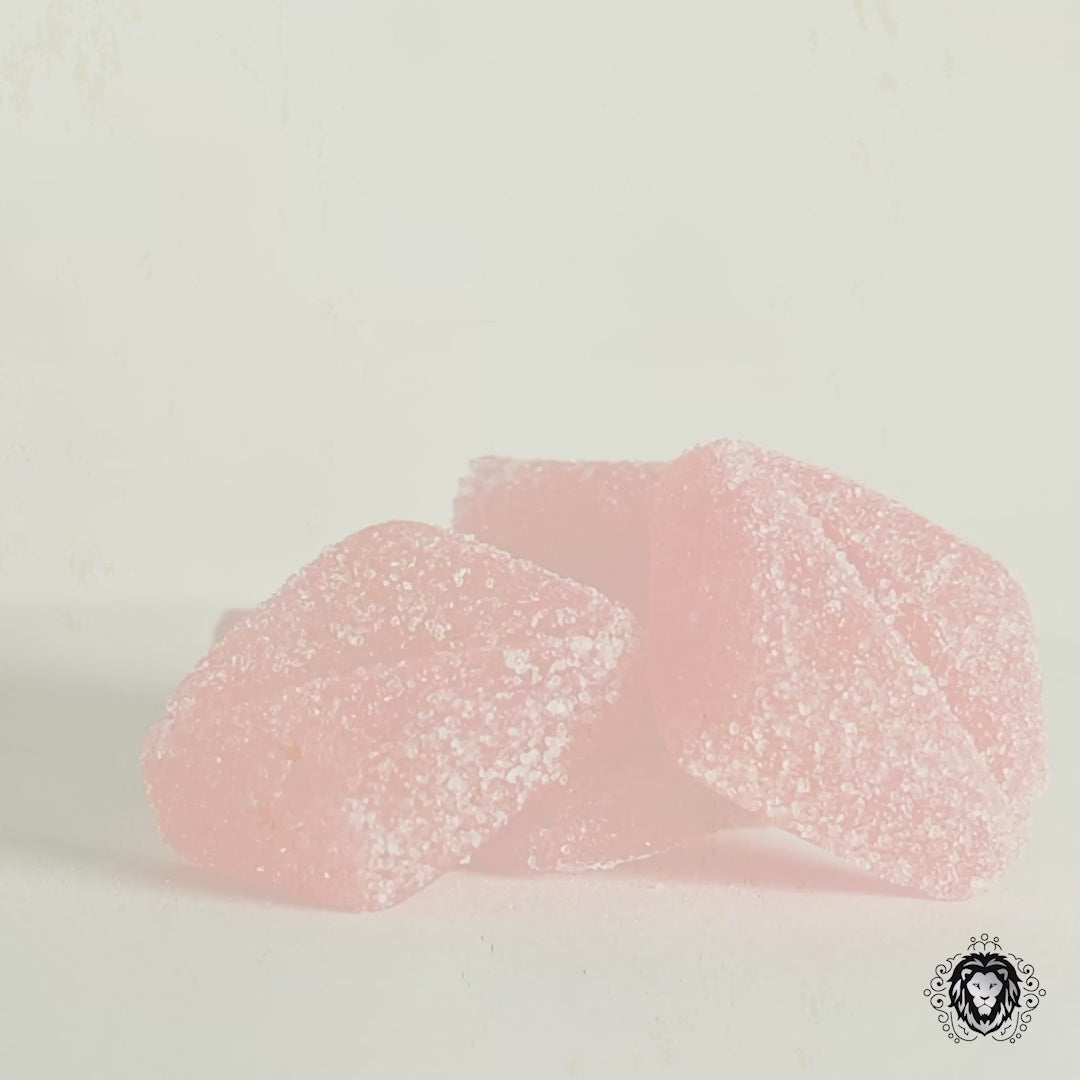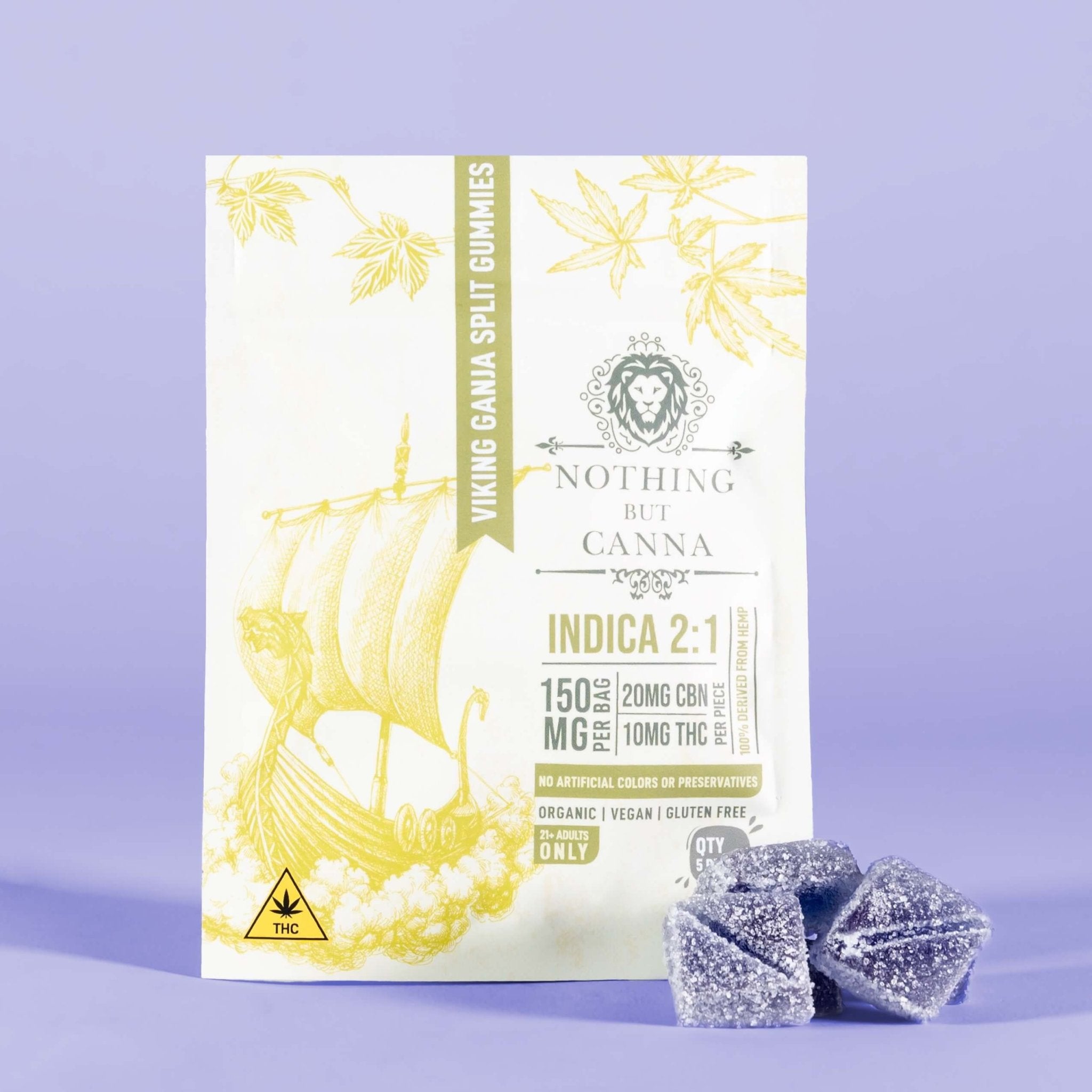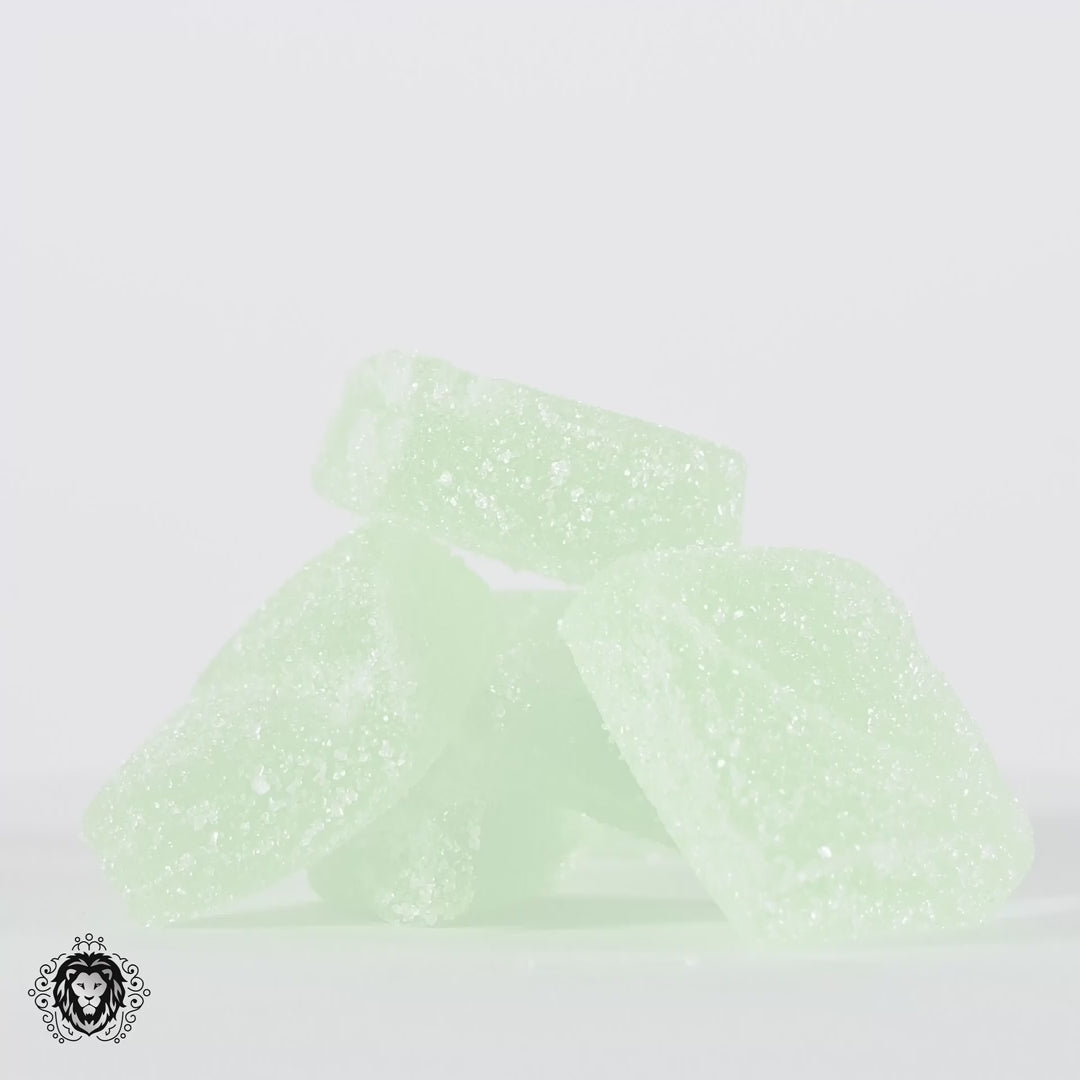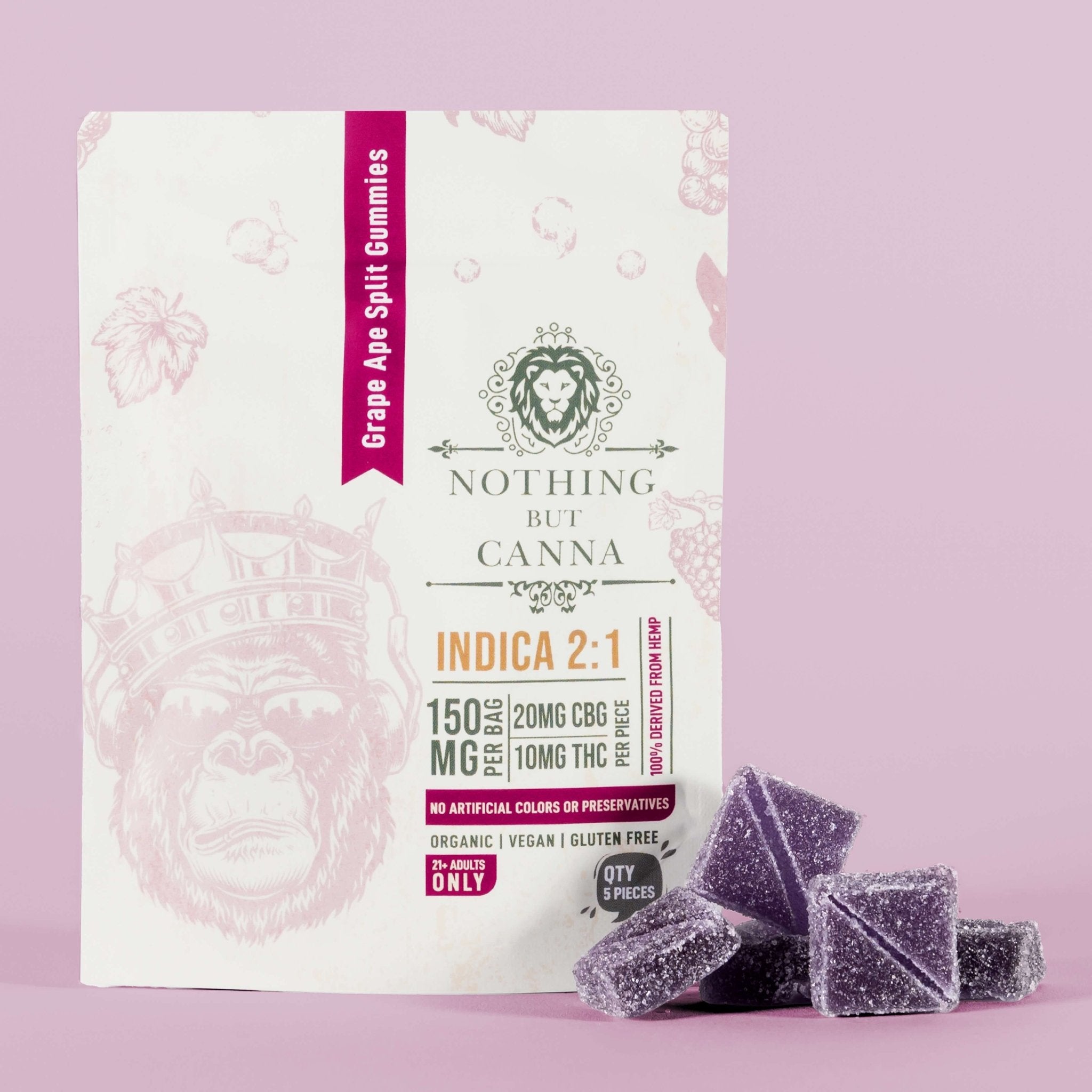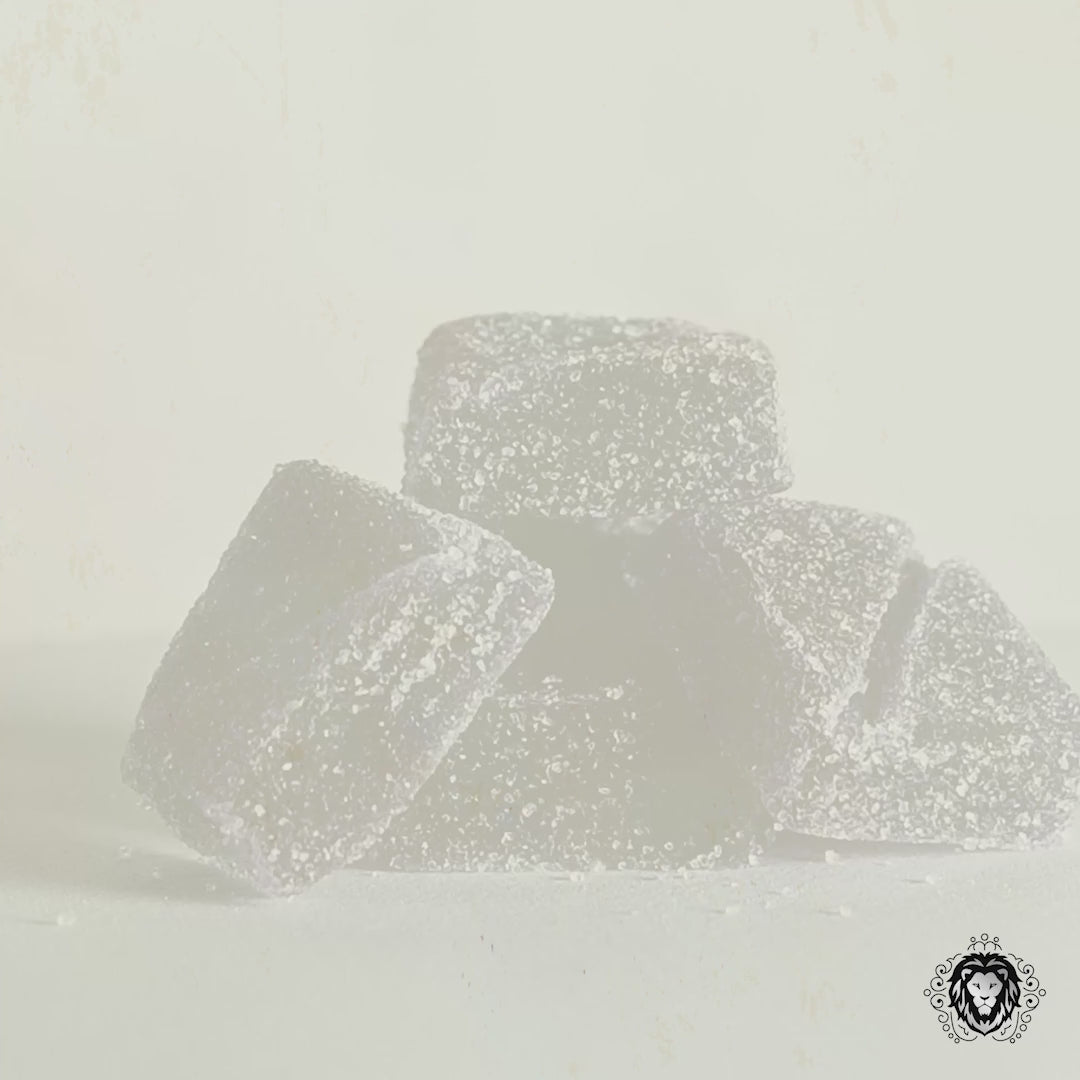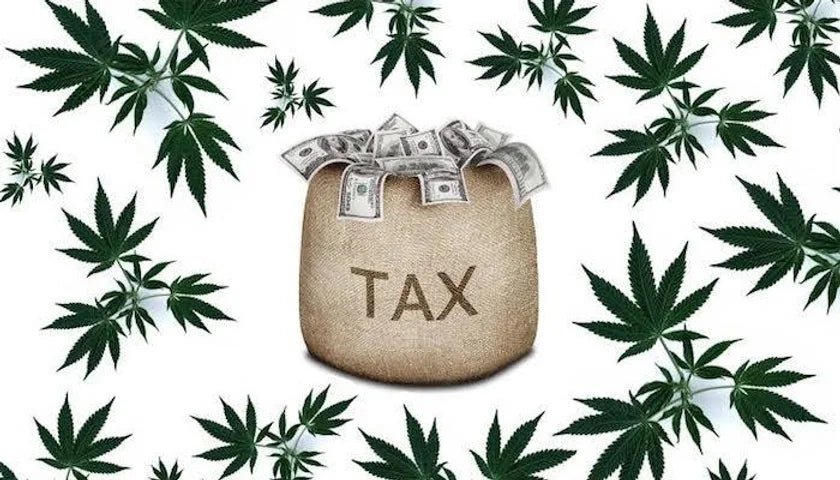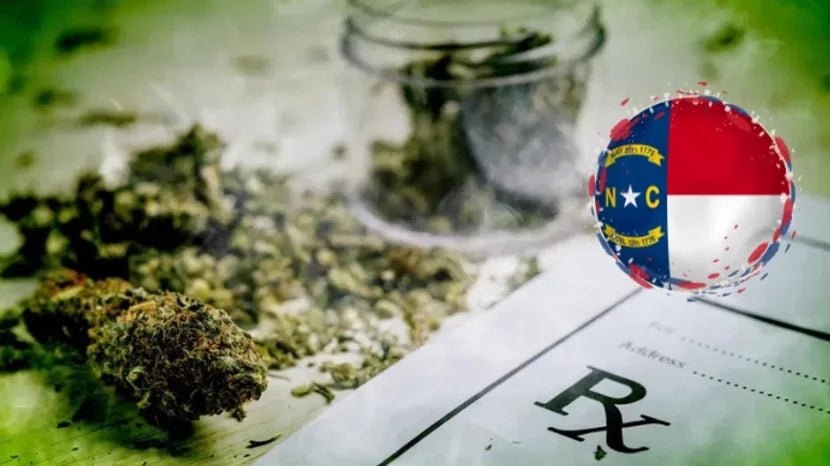
The question of how to handle hemp, cannabis, and all of their derivative product offerings is not an exclusively American problem. From Europe to China and South America to the Pacific Rim, consumers are rapidly becoming dependent on the medicinal and recreational benefits provided by the cannabis sativa plant.
While cannabis and its sister plant, hemp, are only distinguished by arbitrary THC concentration levels, both generate over 100 cannabinoids ranging from the highly intoxicating delta-9 THC to the non-intoxicating CBD or cannabidiol. With the passage of the 2018 Farm Bill, hemp and its downstream products and uses became legal for cultivation, manufacturing, and retail sales in the United States.
Other countries, like Japan, also allow for a somewhat limited but still robust CBD industry to help their citizens treat conditions traditional, modern medical techniques fail to cure. However, if a new law goes into effect this October, that alternative medicinal avenue may be closed permanently.
As first reported by MJBizDaily, at the end of 2023, the Japanese government added its first major amendment to the nation's Cannabis Control Act in over 75 years, relaxing regulations for the CBD and hemp sectors. The unexpected change created optimism among advocates and stakeholders for the young markets' growth and expansion.
However, while guidelines related to hemp cultivation have been eased, many industry experts believe the new THC limits set for CBD offerings and other raw materials are impractically low and could threaten the very existence of the burgeoning hemp and CBD industries in Japan.
Under the proposed regulations, THC limits would be set at the following levels:
-
Oil: 10 milligrams/kilograms (0.001%)
-
Drink: 0.1 milligrams/kilograms (0.00001%)
-
Others (Edible, Raw Materials, Cosmetics, etc.): 1 milligram/kilogram (0.0001%)
If the limits are applied, over 90% of current products will fail to meet the stringent standards, creating a domino effect of business closures. Those devastating results could destroy the CBD market, which, according to the Tokyo-based Yano Research Institute, could exceed $530.8 million by 2025 before it even has a chance to reach its full potential.
For now, the details of the proposed THC limits and other cannabis-related changes are open for a public comment period through a government website. Between now and the end of June (less than a week), citizens will be allowed to share their thoughts on the revisions, with an announcement on the government's final decision to be made sometime in July. If approved as is, the restrictions will take effect in October.
The proposed changes align with the country's long-standing stance against cannabis and any THC intoxicants produced by hemp or cannabis. However, according to Ryan Bellone, chief commercial officer at Kentucky-based KCA Laboratories, a testing lab registered with Japan's Ministry of Health, Labor and Welfare, these new limits are far too low, even for Japanese standards.
The ramifications of the lowered THC levels could also mean life or death for thousands of Japanese citizens suffering from maladies only treatable with CBD. One such case is Karen Miyabe, a toddler diagnosed with refractory epilepsy, which causes her to suffer debilitating seizures.
Before her parents discovered CBD oil, all other treatments were unsuccessful. Now, if the proposed THC threshold limits are put in place in October, her ability to access CBD would be cut off, threatening her life.
Although nowhere near as important as the life of a little girl or the thousands of other CBD users, the changes could also manifest a significant trade issue with the United States, which provides Japanese businesses with the necessary raw material to produce CBD and other hemp-based product offerings.
The very future of the nation's CBD industry hangs in the balance. Between now and June 30th, industry activists and business owners will actively lobby politicians and raise public awareness about the issue and its catastrophic consequences if implemented.
Known for its diligent allegiance to modernization and the overall welfare of its people, the Japanese government's seemingly backward move could not come at a worse time for the country's burgeoning hemp industry and its citizenry.


























